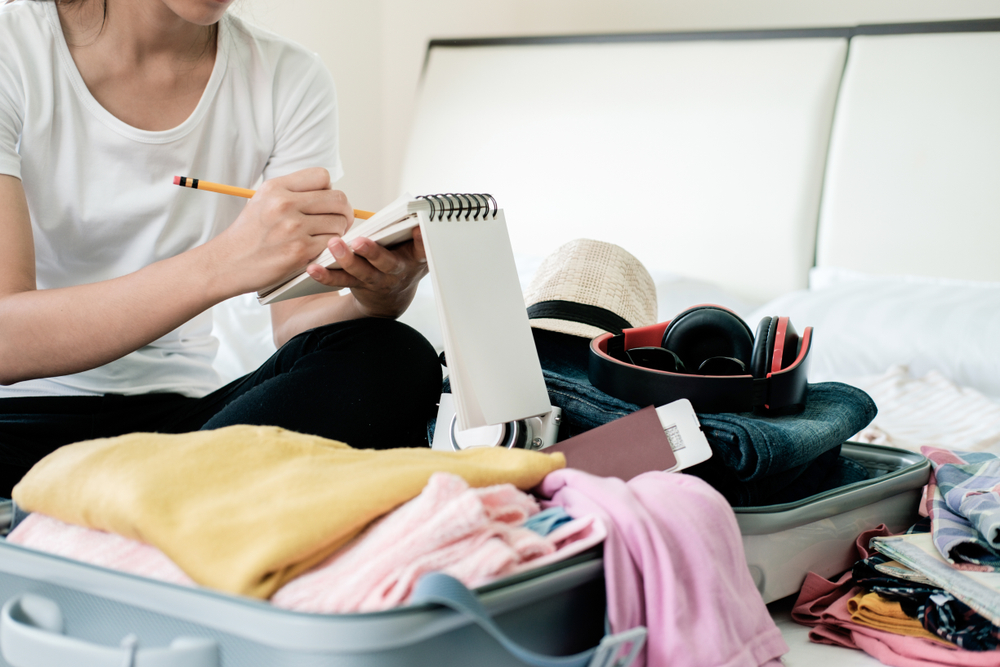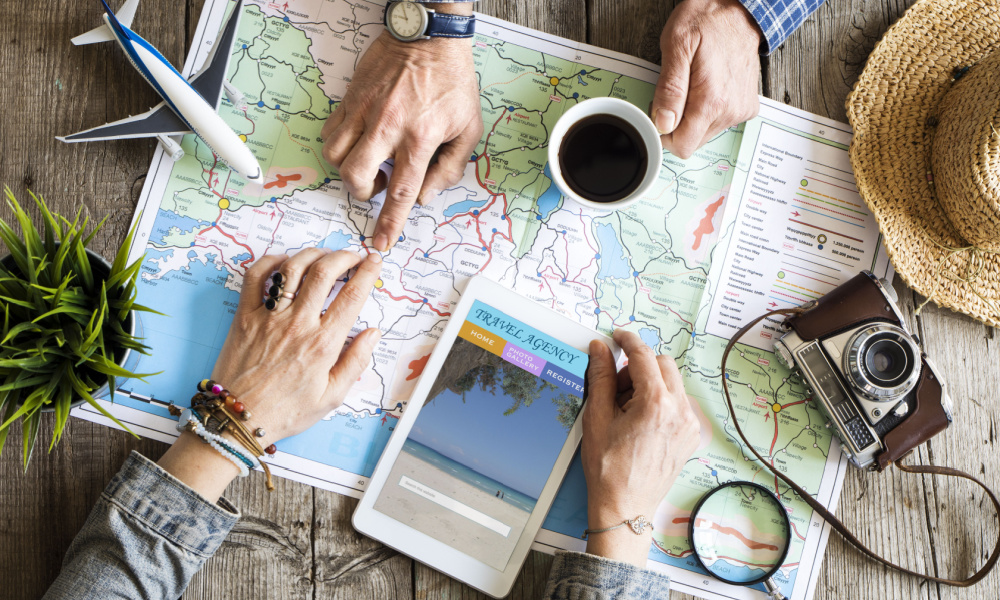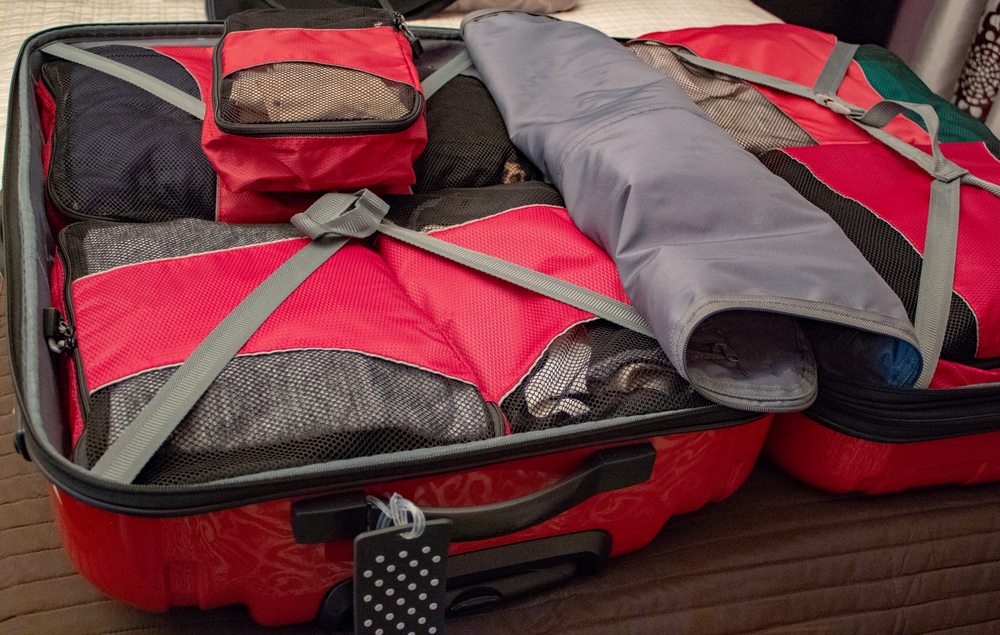Have you always dreamed of seeing the world? It starts with your first trip abroad. International travel can be an eye-opening, life-changing experience. But before you head off, you’ll want to be fully prepared for your upcoming adventure. Here are just a few tips for a first-time international traveler who’s taking it to the skies.
Make a Packing List

Packing lists are essential for international travel. It’s never fun to realize that you’ve forgotten something important. But it can become a whole new challenge when you’re searching for the specific products that you need in a city where you don’t speak the local language. Make a packing list before your trip, and go through the items one by one while considering your future travel plans. The results might surprise you.
Packing lists also make your trip planning more efficient by allowing you to easily catalogue and organize what you need to bring. Plus, in the unlikely event that you lose your luggage, you can also use your list to remember exactly what you had in your bag.
Research Your Destination

One of the most important tips for a first-time international traveler is to research travel requirements specific to your destination ahead of time, especially if you’ll be visiting multiple countries. Different countries might have different visa requirements or border procedures. Once you’ve arrived, requirements may differ in everything from public transport options to standards of dress.
Even just planning your vacation itinerary can take work. Major tourist attractions might be hours apart. Popular sites might require pre-booking. Last but not least, what will the weather be like when you arrive? What accessories will you need if you go the beach or backpacking? All in all, it’s best to do your homework before you leave.
Use Packing Cubes

Packing cubes can be a lifesaver for international travel, especially if you’re struggling to get the zipper closed on an overstuffed bag. For starters, using packing cubes will save you space in your luggage. They’re designed to compress items like clothing. And they’ll do it without the need for fancy air-release bags with vacuum seals.
Packing cubes also come in either same-sized or mixed Tetris-like shapes that you can arrange in your suitcase however you’d like. Lastly, packing cubes will help you stay organized even after you land. Before your trip, you can arrange your belongings by type, day, occasion, and more. That way, your items will be easy to find when you need them.
Bring a Portable Charger

A portable charger is a must for international trips. You don’t want your phone to die when traveling abroad. It’s not just you won’t be able to grab once-in-a-lifetime selfies on the go — although that is important, of course. But having a dead phone will also inconvenience you when you aren’t able to access maps, bus routes, currency converters, and language translators. The simplest solution is to bring your own charger. In fact, you should bring more than one. A portable charger can be kept in your bag at all times. And you might want to invest in a portable power pack for emergencies.
Make sure that you’ve packed a voltage converter, too. Countries like Japan run on 220/240 volts. So if you’re coming from the U.S., which runs on 110/120 volts, your appliances won’t work without a converter. Some countries have different styles of electrical outlets as well. Therefore, a universal adapter might come in handy.
Learn Key Phrases in the Local Language

Travel is a lot easier when you’re able to communicate beyond pointing and grunting. Don’t worry about constructing grammatically perfect sentences. Basic vocabulary is quicker to memorize, and you’ll get your point across just fine. For example, “bathroom please?” will be much simpler to say in the local language than “excuse me, sir or madam, but where might the bathroom be located?”
Here are a few words and phrases that you might put into a notes app for traveling abroad:
- “Hello”
- “Please” and “Thank you”
- “Yes” and “No”
- “I need help”
- “I don’t speak (insert local language here)”
If you’re skilled with languages, more ambitious phrases could include phrases such as “What would you recommend?” for use at restaurants. Or, “What is your favorite thing to do in this city?” Keep in mind that many smartphones these days have translation apps built in. And you can take it to the next level by downloading a foreign language app to learn even more of the local tongue.
Do you have any more international travel tips? Tell us in the comments section below!


Leave a Reply